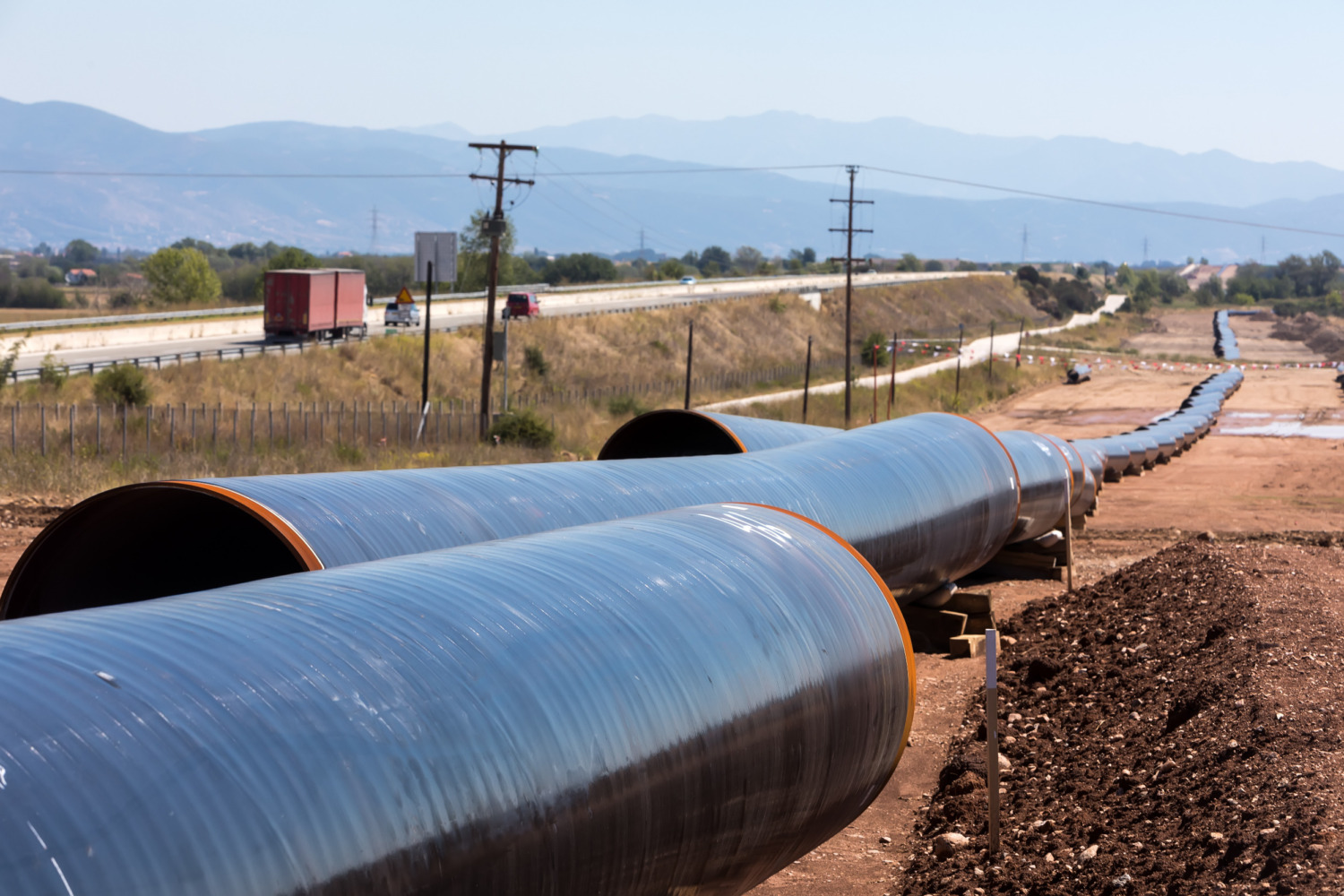A Comprehensive Guide to DOT Drug Testing Rules under PHMSA
In today’s fast-paced world, transportation is the backbone of global commerce and connectivity. Whether it’s shipping goods, moving people, or delivering vital resources, the transportation industry plays a crucial role in keeping our society functioning. To ensure the safety and integrity of this industry, the U.S. Department of Transportation (DOT) has established stringent regulations, including drug testing rules, for all modes including the Pipeline and Hazardous Materials Safety Administration (PHMSA).
What is the Pipeline and Hazardous Materials Safety Administration (PHMSA)?
The Pipeline and Hazardous Materials Safety Administration (PHMSA) oversees critical aspects of the transportation industry to ensure the safe and secure movement of hazardous materials and energy products through pipelines. To maintain the integrity and safety of this vital infrastructure, PHMSA-mandated employees must follow the DOT drug testing rules. These measures are crucial in preventing accidents, protecting the public, and upholding the reliability of the transportation system.
DOT Drug Testing Rules and PHMSA-Mandated Employees
Drug and alcohol testing for PHMSA-mandated employees is not merely a formality but a fundamental requirement for ensuring safety within the transportation industry. All employees in safety-sensitive positions are entrusted with the responsibility of operating and maintaining critical infrastructure, such as pipelines, which can have severe consequences in case of any lapses or impairments. Substance abuse among such personnel poses a significant risk to the safety and integrity of the transportation system. By enforcing drug and alcohol testing, PHMSA aims to:
- Prevent Impairment: Substance abuse can impair an employee’s judgment, reflexes, and decision-making abilities. Drug and alcohol testing help identify individuals who may be unfit for duty due to substance use, reducing the risk of accidents and incidents.
- Promote Safety Culture: Implementing drug and alcohol testing creates a safety-oriented work culture where employees understand the importance of staying drug and alcohol-free while performing their duties.
- Protect the Public: The transportation of hazardous materials and energy products involves potential risks to public safety. Drug and alcohol testing help ensure that only competent and sober individuals handle these critical tasks.
Who is Subject to DOT Drug Testing Rules?
The drug and alcohol testing regulations apply to employees in safety-sensitive positions within the transportation industry. This includes personnel involved in the operation, maintenance, and emergency response of pipelines, as well as those responsible for ensuring compliance with safety regulations.
Typically, the following types of PHMSA-mandated employees are subject to drug and alcohol testing:
- Pipeline Operators: These individuals are directly involved in the operation and maintenance of pipelines, ensuring the safe and efficient transportation of hazardous materials.
- Pipeline Inspectors: Inspectors play a crucial role in identifying potential safety hazards and verifying compliance with PHMSA regulations.
- Emergency Responders: Employees involved in responding to pipeline incidents, leaks, or accidents are also subject to drug and alcohol testing, as their decisions and actions can significantly impact public safety during emergencies.
Types of Testing
Drug and alcohol testing occurs in the following instances:
- Pre-Employment Testing: Prospective employees must undergo drug and alcohol testing before being hired for safety-sensitive positions. This ensures that only drug-free individuals are selected for these critical roles.
- Random Testing: Employees are subject to unannounced, random drug and alcohol testing throughout their employment. Random testing acts as a deterrent, promoting compliance with the drug and alcohol policies.
- Post-Accident Testing: After certain accidents or incidents, involved employees must undergo drug and alcohol testing to determine if impairment played a role in the event.
- Reasonable Suspicion Testing: If a supervisor has reasonable suspicion that an employee is under the influence of drugs or alcohol, the employee may be required to undergo testing.
- Return-to-Duty Testing: Employees who have violated drug and alcohol policies are subject to testing before returning to safety-sensitive positions after completing rehabilitation programs.
Consequences of Non-Compliance
Non-compliance with DOT drug testing rules can have severe repercussions for both employers and employees. Employers who fail to adhere to these regulations may face significant fines, penalties, and potential legal liabilities. For employees, testing positive for prohibited substances or refusing to undergo testing can result in disciplinary actions, including suspension, termination, or mandatory rehabilitation programs.
Find a SAP Near You for a Failed Drug and/or Alcohol Test
Drug and alcohol testing for PHMSA-mandated employees is a critical element in maintaining the safety and integrity of the transportation industry. By ensuring that employees in safety-sensitive positions are free from substance abuse, these regulations contribute significantly to preventing accidents, protecting the public, and upholding the reliability of the transportation system. Employers and employees must fully understand and comply with these regulations to create a safer and more secure transportation ecosystem for everyone.
If an employee fails to adhere to the DOT drug testing rules, they will be immediately removed from their safety-sensitive duties and must find a SAP in their area to begin the return to duty process. For employees who need a SAP in their area, connecting with SAP Referral Services is a must to get started with the return to duty process quickly. Get in touch today to learn more.


